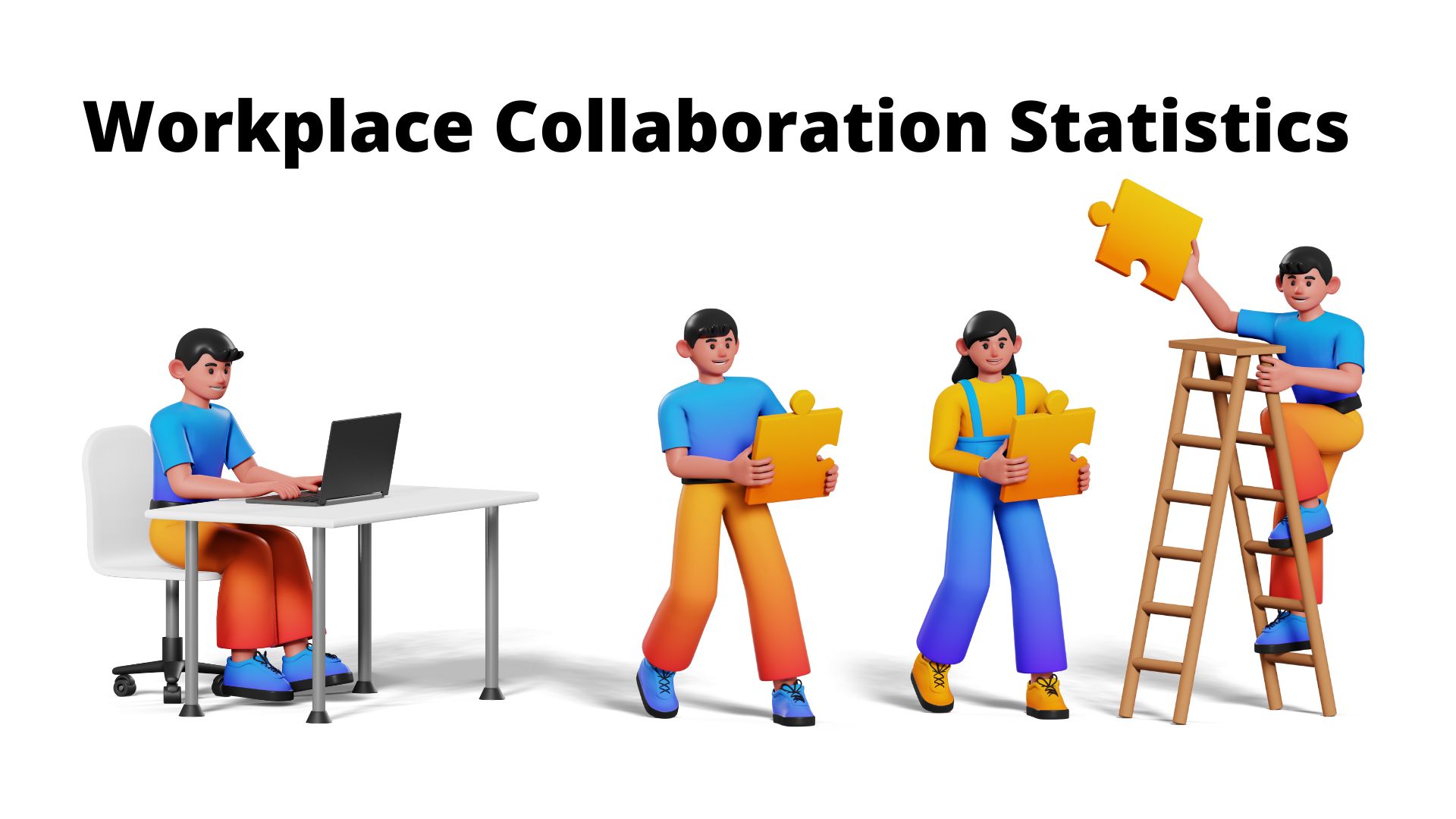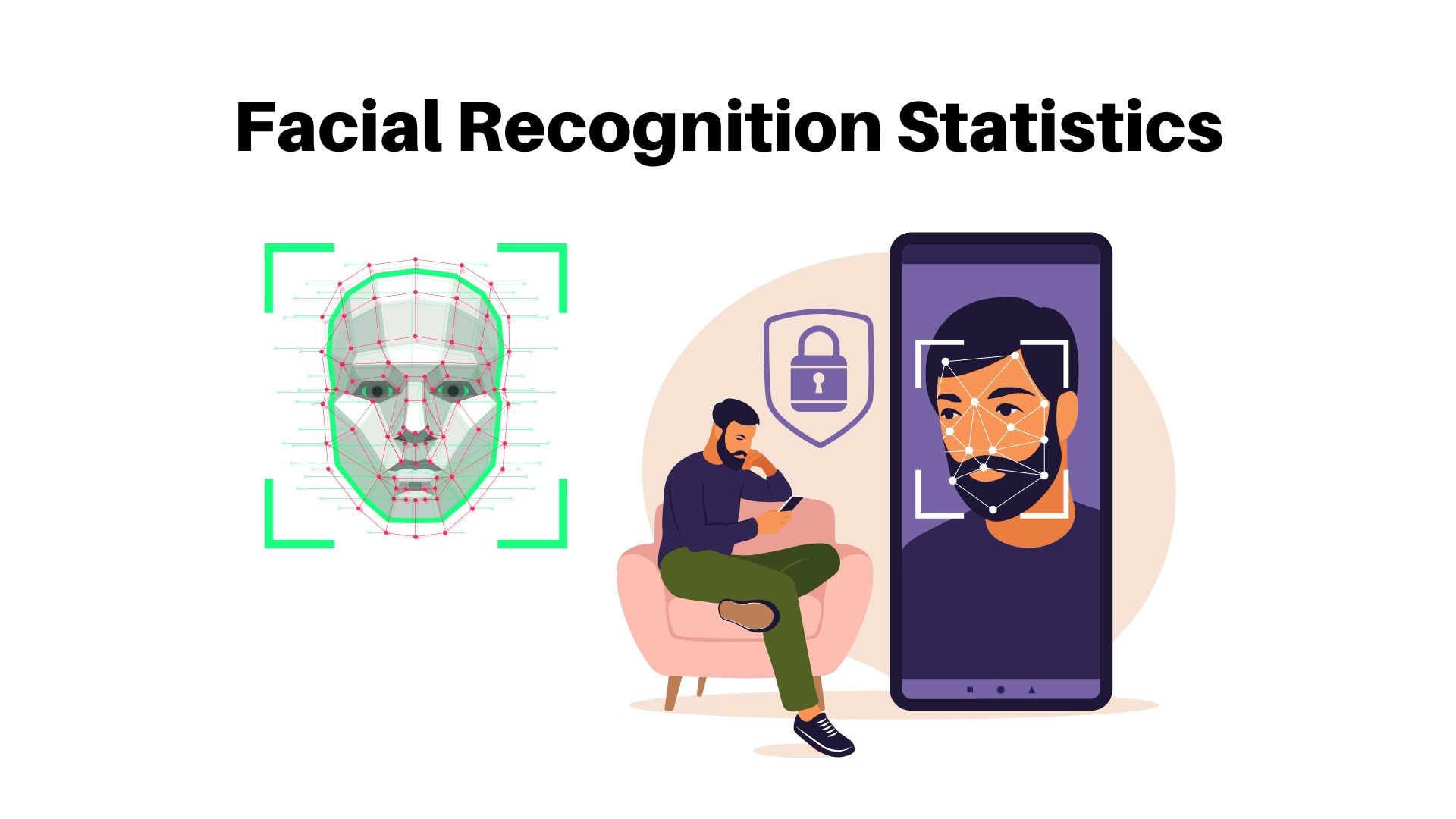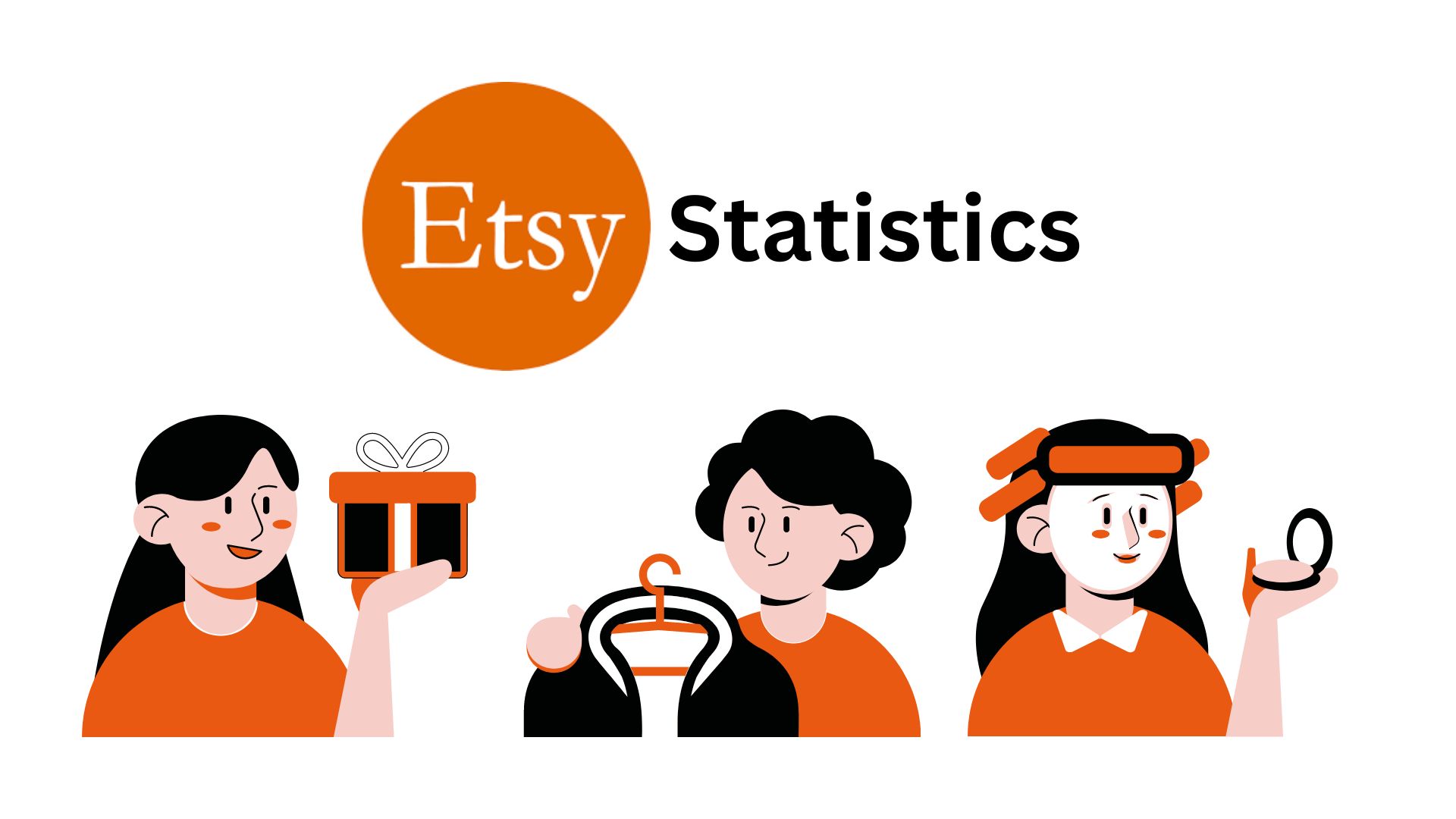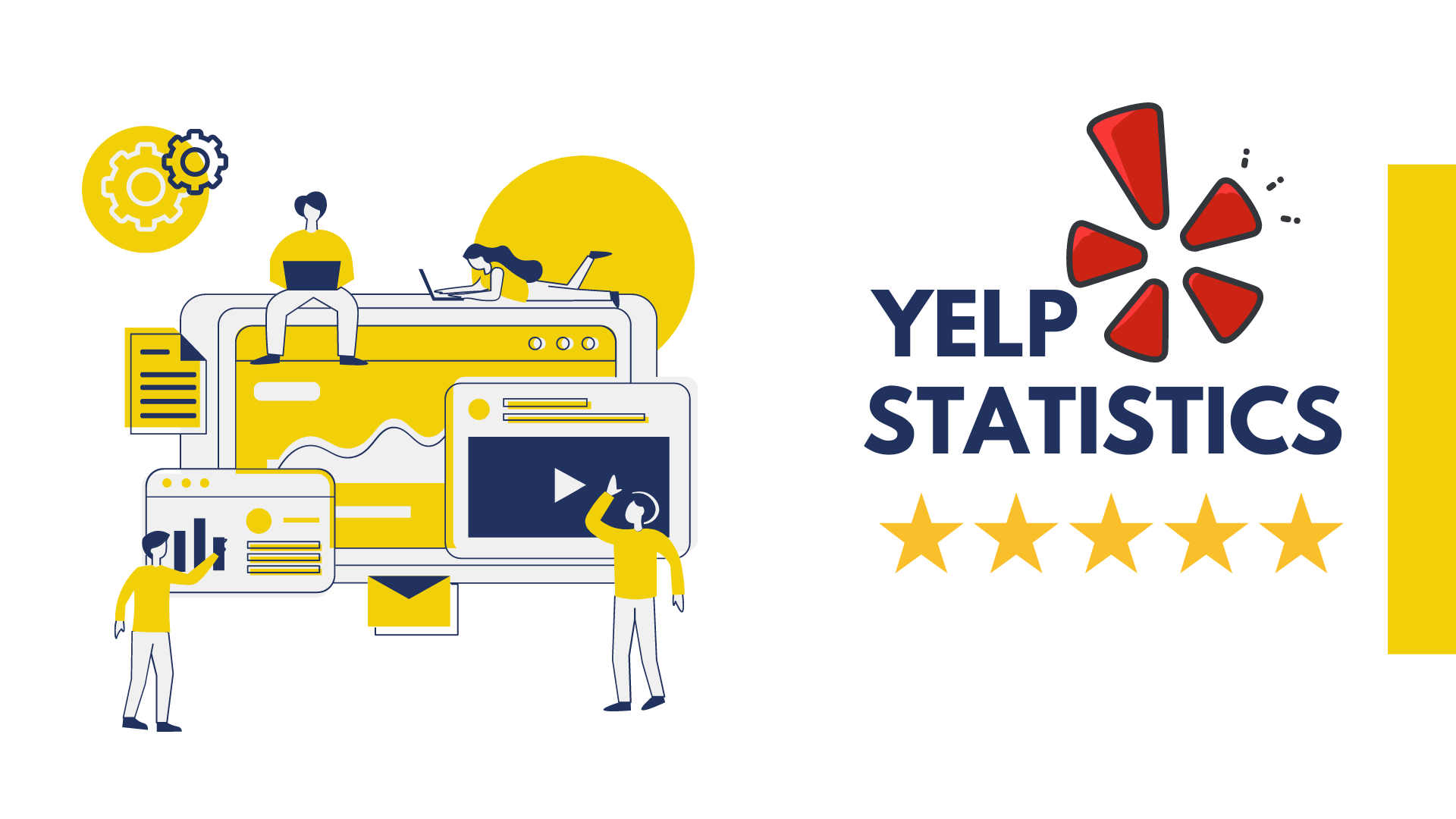PeopleSoft, IBM in $1B Bundling Venture
SAN FRANCISCO — UPDATED: In its quest to thwart Oracle's $7.7 billion hostile bid and remain a standalone company, PeopleSoft plans to partner with IBM
for its middleware support, CEO Craig Conway said today.
During a company-sponsored conference here, the executive stood defiant
of his ongoing battle with Oracle and highlighted how
Armonk, N.Y.-based IBM fits into PeopleSoft's “Adaptive Business” vision.
“It is like a beautiful piece of music on the radio with static in the
background,” Conway said in reference to Oracle's hostile takeover plans. “This [deal
with IBM] is one of the most significant enterprise applications alliance in
history of the two companies.”
Under the terms of the deal, Big Blue and PeopleSoft will together spend
$1 billion during the next five years in order to bundle WebSphere
middleware in every future shipment of PeopleSoft products at no additional
charge to PeopleSoft customers.
The non-exclusive agreement also includes the establishment of a joint
development and business process interoperability laboratory, which will
allow PeopleSoft to standardize its applications on IBM's infrastructure.
This will include core components of WebSphere Portal, WebSphere Business
Integration, WebSphere Application Server and WebSphere Studio Application
Developer. IBM signed a similar agreement with JD Edwards before PeopleSoft
acquired it.
The two companies have done some initial
work in this area under the guise of Linux, but the long-term goal of
the 70-plus-page letter of intent is to extend the relationship with
advanced WebSphere products being made available from PeopleSoft.
“We're already working with doing a more modular type of architecture,”
Steve Mills, IBM senior vice president said during a press Q&A later. “It is
not just a statement of people doing some tire kicking. There is a broad
discussion in the business about how to make software applications more
flexible. The good news is that we have the building blocks in place today.
The challenge is to make it a smoother process.”
Mills said the laboratory is a combination of existing centers in
PeopleSoft's hometown of Pleasanton, California and various IBM offices. IBM
employees are expected to be co-located to PeopleSoft headquarters to begin
the process. The companies will help customers and partners adjust to the
open standards-based Web services
Best known for its HR and CRM products, PeopleSoft said it is looking to
branch out with products formatted for what Conway calls an “Adaptive
Business” model. The vision is in the third phase of development, of which
the acquisition of JD Edwards was key. The CEO said every PeopleSoft
application must be Web-enabled and take on a service oriented application
approach. That kind of infrastructure needed a strong middleware layer —
hence the partnership with IBM.
Conway said the joint IBM/PeopleSoft products would be specifically
marketed to three key sectors: telecom, financial services and insurance.
“We needed a strong middleware infrastructure partner, and I can't think
of any better partner that has a middleware portfolio that is as strong as
tungsten steel as IBM,” Conway said. “Both companies are experts at what we
do and we have eclipsed the competition.”
IBM said it also intends to move PeopleSoft toward its Eclipse.org tools
environment, which along with WebSphere focuses on standards like J2EE and XML. And while PeopleSoft is very pleased with the IBM partnership, Conway
did not discount his company's other partners like HP and Sun.
“HP is one of our closest partners and a close customer but they do not
have a middleware layer,” Conway said. “Sun has a middleware layer and
Microsoft has .NET and we will continue to support customers that are
running either.”
While the benefits for PeopleSoft are clear, analysts suggest it is
unlikely that the alliance represents a significant revenue opportunity for
IBM.
“Essentially, the announcement reveals PeopleSoft's strategy in the
integration market — and how it plans to compete with SAP's NetWeaver
offering and Oracle's stack of integration technologies,” Yankee Group
analyst Mike Dominy told internetnews.com.
“A more significant
announcement would have IBM becoming a bigger sales channel for PeopleSoft.
For example, announcing that IBM was planning to make PeopleSoft its partner
of choice in the mid-market and that IBM would bring PeopleSoft into IBM's
impressive global mid-market customer base.”
James Governor, a principal analyst at IT research firm RedMonk, told
internetnews.com his take is that the IBM-PeopleSoft partnership was
always going to play out exactly this way and that the Oracle case took
PeopleSoft's eye off the IBM Partnership ball.
“We can safely assume that PeopleSoft is going to do everything in its
power to encourage customers off the Oracle database,” Governor said. “We
can also assume IBM and PeopleSoft are now working together to establish
financial instruments and poison pills to stop Oracle if they can — there
will be something contractual coming up — thus [the statement in the
release ] ‘The companies intend to execute a definitive agreement governing
the alliance in Q4 2004.' is a statement which looks for shorthand to say
there is far more to this than a ‘partnership'”
For now IBM will use PeopleSoft as a semi-permeable membrane allowing Big
Blue to make application functionality sales to end users without raising
the hackles of its other IT application partners. IBM has said it has no
plans to enter the application marketplace, but that is just a definition —
the kind Governor said that might fool the Department of Justice but not
Oracle or SAP.
“The fact is IBM was always going to deliver business process components
within a middleware framework – kind of like a negative image of SAP, which
is moving from monolithic apps that don't talk to one another, let alone
other apps, to an integration centric vision called NetWeaver.”
Fighting for its Life
The partnership comes in the midst of one of PeopleSoft's most tumultuous
times. The company has acquired JD Edwards but has been fending off Oracle's hostile
takeover bid for the past 15 months.
While IBM had historically expressed an interest in acquiring PeopleSoft
and could still jump in as a higher bidder against Oracle's current $7.7
billion tender offer, Conway and Mills said neither company has an “ulterior
motive” beyond serving their customers.
“Have you ever had a bad dream that wouldn't go away?” Conway lamented,
referring to Oracle. “But [U.S. District Court Chief Judge Vaughn Walker's]
decision means that this saga is going on. Most importantly it means that
PeopleSoft will not be acquired by Oracle.”
Conway pointed to a possible appeal by the Department of Justice, a
pending investigation by the European Commission, PeopleSoft's shareholder's
rights plan (the so-called “poison pill”) and PeopleSoft's own $1 billion
legal defense of the hostile takeover, which has now been delayed until
January 10, 2005, as significant hurdles to a takeover.
A spokesperson for Oracle declined to comment on the IBM-PeopleSoft partnership. Oracle's takeover offer expires at the end of the month.
PeopleSoft said it is celebrating its largest conference audience ever
with more than 1,500 customers and 900 business partners in attendance at its conference.
And while celebrating PeopleSoft's accomplishments with JD Edwards,
Conway also pointed out some of the other difficulties in getting to where
it is now. “We had some good intentions not well executed including having so many
enhancements and product upgrade releases that customers were confused about
which version to go with.”

Michael Singer is a career coach, podcast host, and author to help you step into a career you're excited about. Currently, He is a coach and trainer helping entrepreneurs and executives achieve business and leadership success. He is also an award-winning business journalist focused on the intersection of technology, Big Data, Cloud, SaaS, SAP, and other trending technology.



